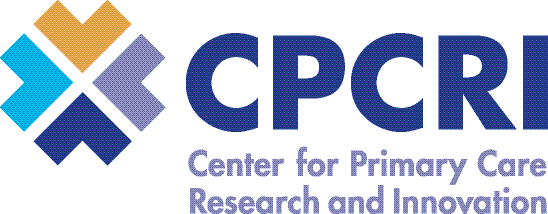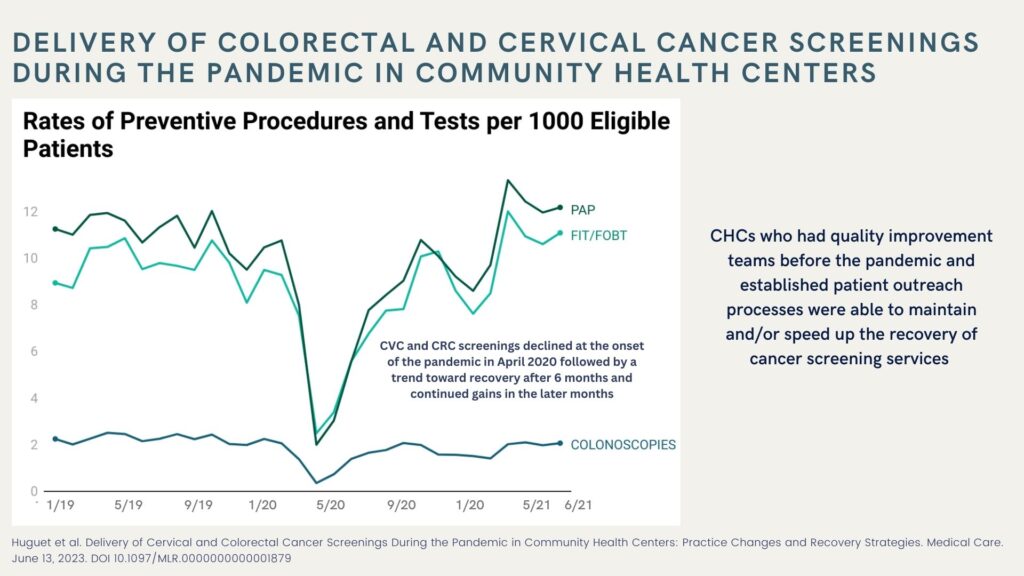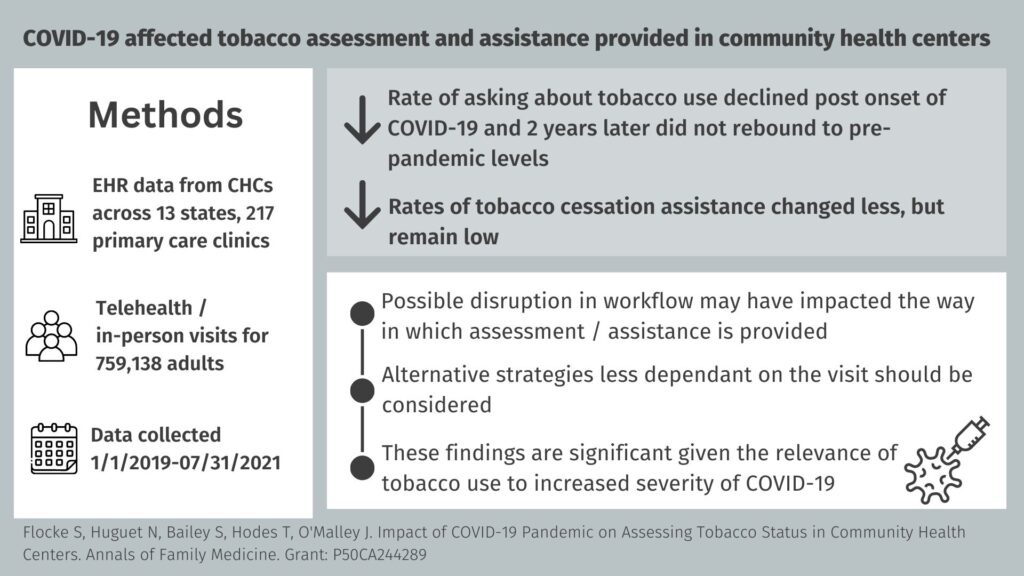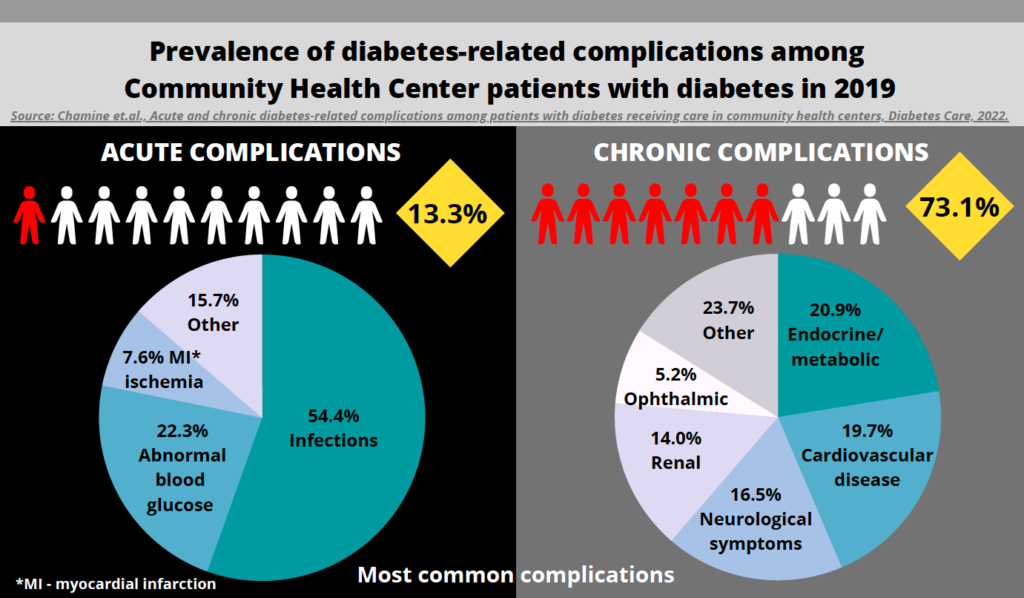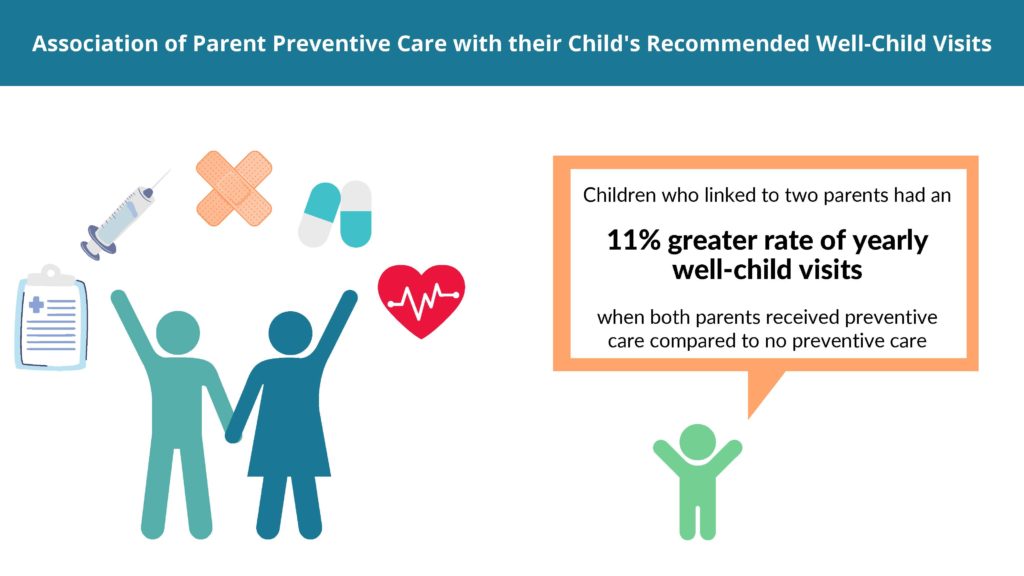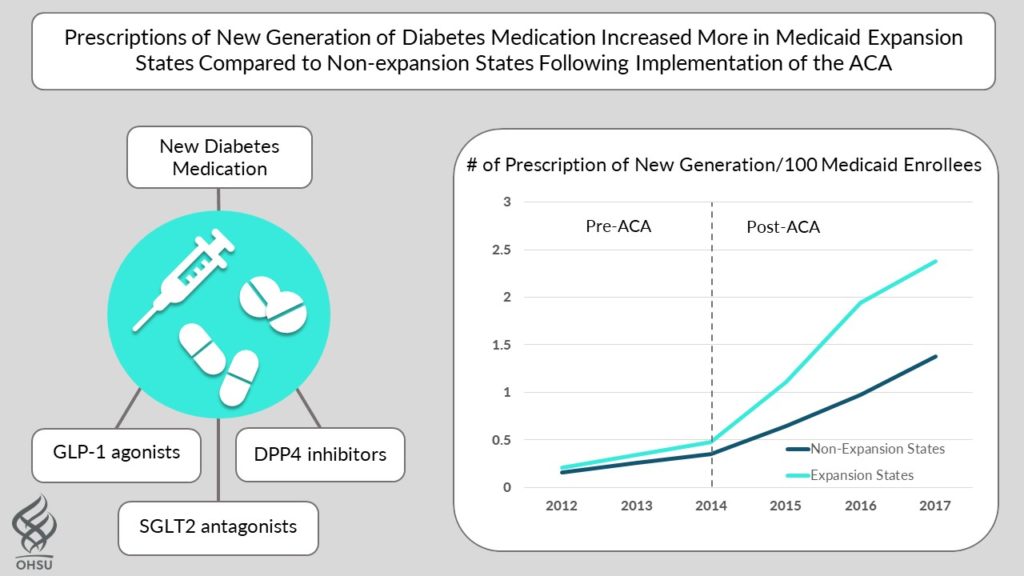Most Recent Posts
Delivery of Colorectal and Cervical Cancer Screenings During the Pandemic in Community Health Centers
By Bridge C2 |
Background: We identify how CHCs adapted cancer preventive care to the COVID-19 context, and the changes employed to realign care with cancer prevention guidelines using data from two hundred seventeen community health centers located in 13 states and 29 semi structured interviews from 13 community health centers. Useful findings: Delivery of colorectal and cervical cancer screenings declined at the onset […]
Read More BRIDGE-C2 Diversity Fellowship Update: Halfway Mark
By Bridge C2 |
Hey everyone! My name is Derek, and I am currently an NIH Diversity Fellow working under Drs. Huguet and Milano. I can’t believe I am already halfway through my fellowship! In the last six months, I have been able to further my understanding of cancer disparities affecting the gender-diverse community through my projects with researchers […]
Read More COVID-19 Affected Tobacco Assessment and Assistance Provided in Community Health Centers
By Bridge C2 |
BACKGROUND: Use of tobacco remains the leading cause of preventable illness and death in the United States. It disproportionately impacts people who experience socioeconomic disadvantages. How did tobacco screening change in community health centers during the COVID-19 pandemic? Researchers from BRIDGE-C2 analyzed health record data from 217 primary care clinics from January 2019 through July 2021. […]
Read More Burden of Complications for CHC Patients with Diabetes
By CPCRI Admin |
Background Diabetes-related complications may lead to greater health problems or death in patients with diabetes. Economically and socially vulnerable patients often receiving care at community health centers are at an increased risk for developing diabetes and diabetes complications. Understanding the prevalence of acute and chronic complications among these patients with diabetes, and the risk factors […]
Read More Association of Parent Preventive Care with their Child’s Recommended Well-Child Visits
By CPCRI Admin |
Background Yearly well-child visits are recommended, yet many children do not receive well-child care as advised. This study estimated the association of parental preventive service receipt on their child’s well-child visits among patients seen in community health centers. Useful Findings Children had a 6% greater rate of yearly well-child visits when their mother received preventive […]
Read More Prescriptions of New Generation of Diabetes Medication Increased More in Medicaid Expansion States Compared to Non-expansion States Following Implementation of the ACA
By CPCRI Admin |
Background Most patients with diabetes mellitus are prescribed medications to control their blood glucose. The implementation of the Affordable Care Act (ACA) led to improved access to healthcare for patients with diabetes. However, the impact of the ACA on medication use among patients with diabetes is less clear. This study assessed if long-acting insulin and […]
Read More 